Trump’s DOT promises new wheelchair rules, delaying the enforcement of Biden-era consumer protections
The DOT said that the earliest it could publish its own rule was December 31, 2026.
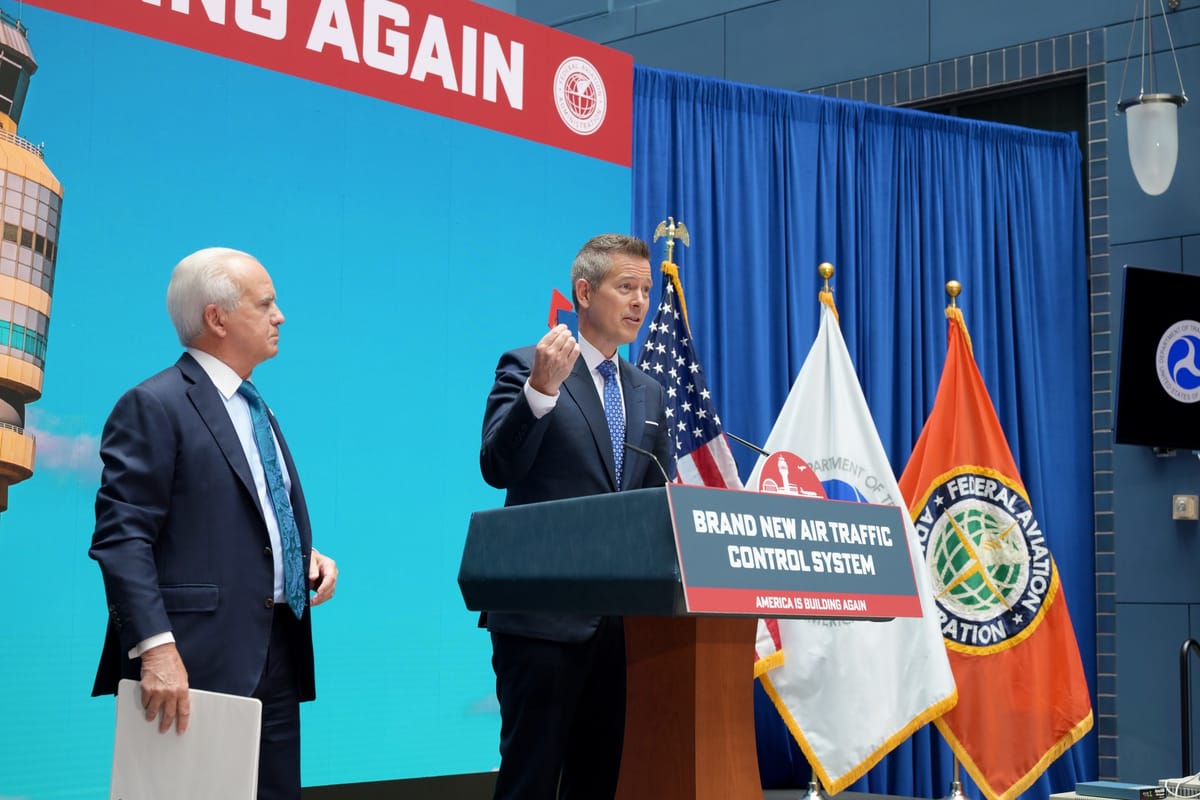
The Department of Transportation (DOT) is planning to not only delay but also rewrite the so-called wheelchair rule, which was proposed and then finalized by the Joe Biden administration in December 2024.
On September 30, 2025, the DOT, led by Trump appointee Sean Duffy, published a filing that will delay the enforcement of specific provisions of the ‘Ensuring Safe Accommodations for Air Travelers With Disabilities Using Wheelchairs’ rule.
The Department is doing so at the same time as it is preparing a new rulemaking that will focus on “whether to modify those provisions.” The delayed provisions include “airline liability for mishandled wheelchairs, refresher training frequency, pre-departure notifications, and fare difference reimbursements.”
According to the DOT, its decision aims to “remove the burden of complying with requirements under review by DOT and does not prejudge the outcome of the new rulemaking,” and does not affect the other requirements set out by the rule, which was initially proposed and finalized by the DOT when it was led by Pete Buttigieg, the then-Secretary of Transportation.
Duffy’s DOT had already delayed the enforcement of the rule to March 16, 2025, and then to August 1, 2025. The original rule was supposed to take effect from January 16, 2025, to June 17, 2026, due to varying implementation timelines.
When it delayed the rule for the second time, the Department said that “additional time was needed for the officials appointed or designated by the President to review the Wheelchair Rule to ensure that it is consistent with the law, including the requirements of the 2024 FAA Act, and Administration policies, and to consider the issues raised by a lawsuit.”
The DOT referred to the lawsuit filed by Airlines for America (A4A), an industry lobby group that includes some of the largest airlines in the United States. A4A filed its lawsuit in the US Court of Appeals for the Fifth Circuit in February 2025, saying that the rule exceeded the “DOT’s statutory authority and the Rule violates the Administrative Procedure Act (APA).”
As such, the Department’s new rulemaking, titled ‘Airline Obligations to Accommodate Air Travelers with Disabilities Using Wheelchairs,’ will focus on the four aforementioned provisions with a planned notice of proposed rulemaking (NPRM) publishing date in August 2026.
Considering a typical comment period of 60 days for an NPRM, and additional time for the DOT to deliberate stakeholders’ opinions, the “earliest date that DOT expects to make [a] determination” whether to move forward with a final rule could be December 31, 2026.
When the DOT issued the original so-called wheelchair rule in December 2024, Buttigieg said that the final rule would have held “airlines accountable when they do not provide fair treatment to passengers with disabilities.”
Associations, including The American Association of People with Disabilities (AAPD), praised the move, with the AAPD describing it as “major progress on a critical safety issue for the disability community, made possible by decades of advocacy by disabled people.”
This is not the only Biden-era rule that was delayed and/or canceled by the Trump administration. In early September 2025, the Office of Information and Regulatory Affairs (OIRA) of the US Office of Management and Budget (OMB) published a filing stating that the rule, which would have mandated airlines to provide essential services (meals, rebooking, and transportation) and compensation in case of flight disruptions, would be withdrawn.
The decision was related to Executive Order (EO) 14192, which was signed by Donald Trump, the President of the United States, on January 31, 2025. Titled ‘Unleashing Prosperity Through Deregulation,’ the EO’s goal has been to “significantly reduce the private expenditures required to comply with Federal regulations to secure America’s economic prosperity and national security and the highest possible quality of life for each citizen.”
“To that end, it is important that for each new regulation issued, at least 10 prior regulations be identified for elimination.”
When the filing, which essentially eliminated the rule that would have protected passengers in the event of delayed or canceled flights, was published, Buttigieg said it was unsurprising, considering that the “billionaire President put an airline lobbyist in charge of the [DOT].”
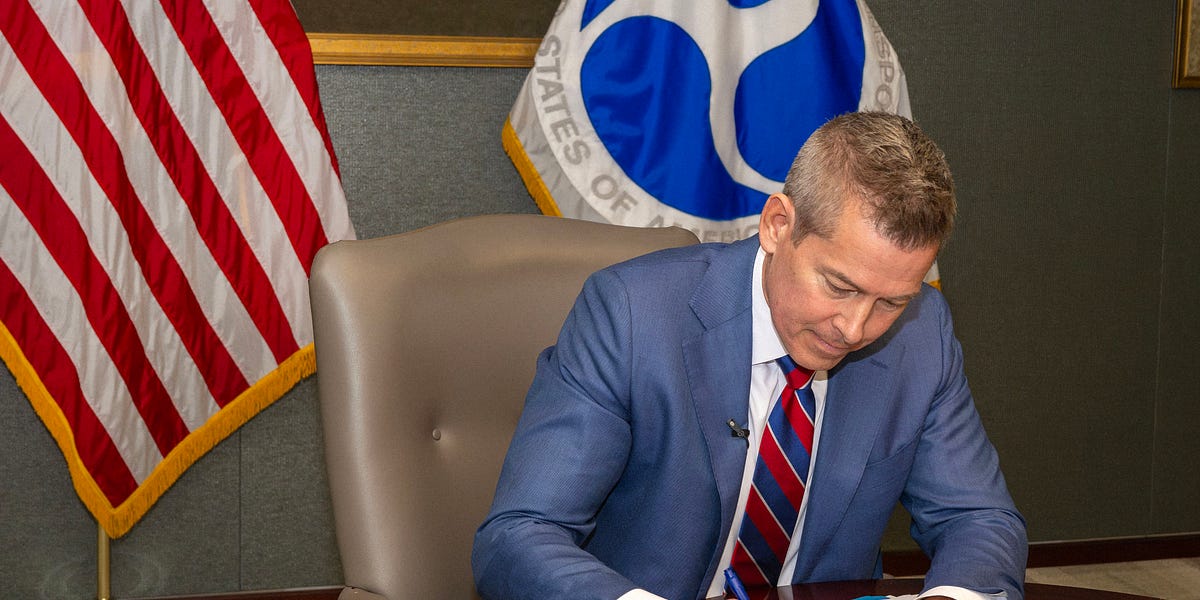


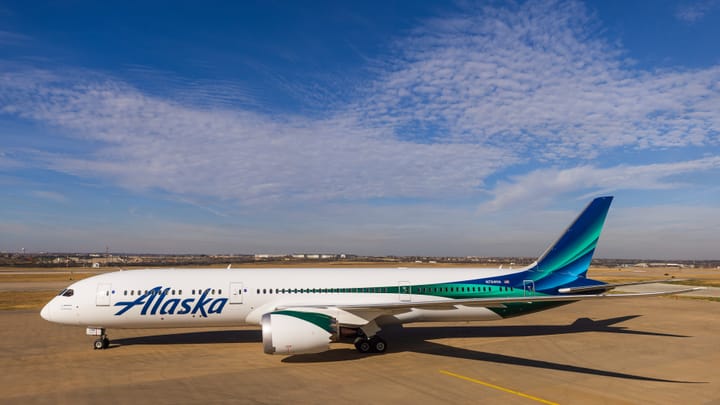
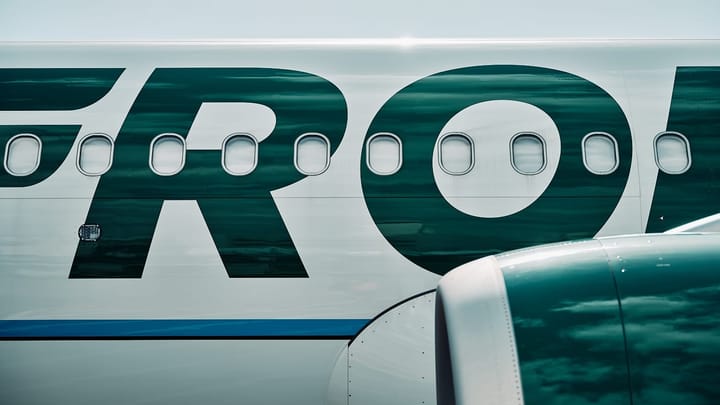
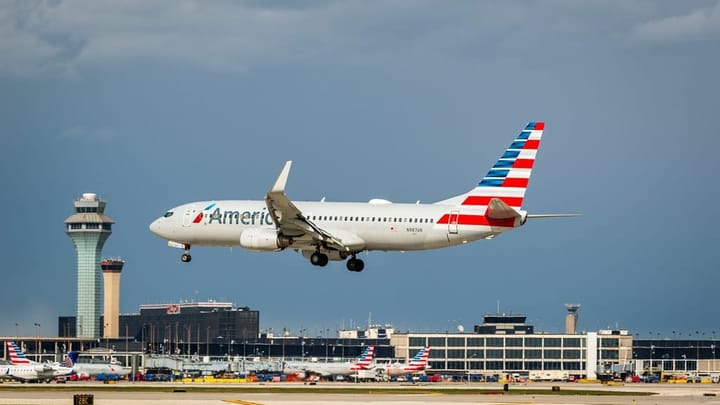
Comments ()